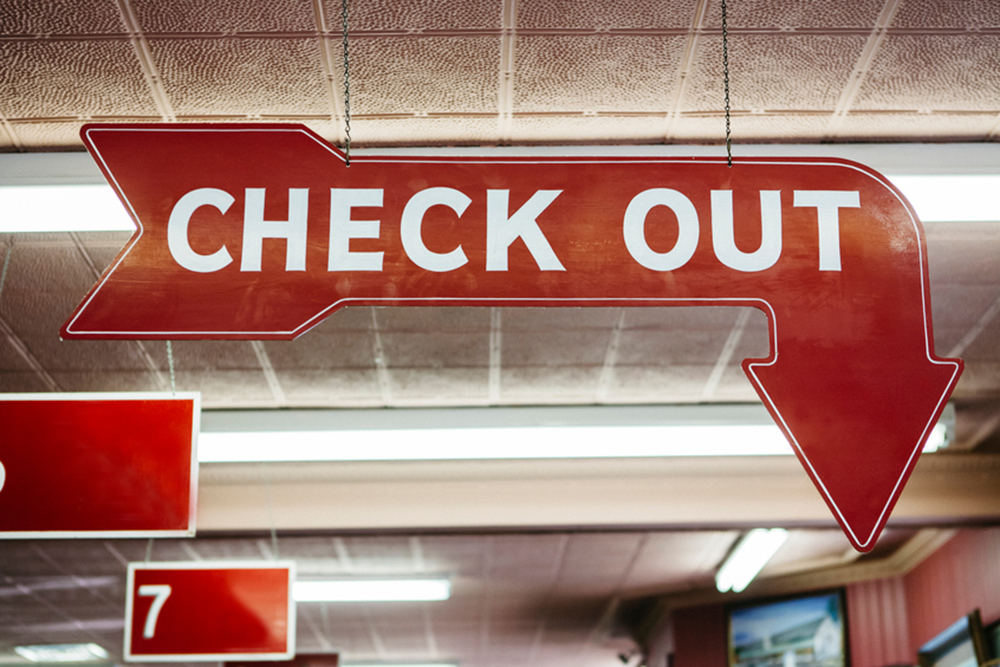So you’ve obsessively crunched the numbers to come up with a budget for your future home. Doer that you are, you’ve even factored in moving and closing costs.
But if you haven’t considered insurance costs, your otherwise impeccable spreadsheet could be way off.
Avoid unexpected outlays by thoroughly investigating all the insurance options out there — and why you might need them.
Homeowners’ insurance
This is the obvious one, but in insurance (as in life), the devil is in the details. “Single-family home policies vary widely, so it really pays to shop around,” says Kerry Dowlin, associate director of sales with Gibson Realty in Boston. “I have seen quotes vary by almost $1,000 on the same house.”
Commit to the research process early, and forgo online quotes for a face-to-face sit-down with a local agent — if you have to file a claim down the line, it’s great to have an existing relationship with an agent.
Condo insurance
Condo associations usually have building insurance in place that covers the outside walls and common areas of the structure, but in-unit coverage is far from a given; you’ll want to get a copy of the association’s master policy as soon as possible to make sure supplemental HO6 insurance isn’t required.
“It can definitely be an unwanted surprise right before closing when someone finds out they now have to spend a few hundred dollars more on top of what already seems like a mountain of fees and closing costs,” Dowlin says. Your mortgage lender can be a good resource for determining exactly what insurance coverage you’ll need.
Private mortgage insurance
A 20% down payment is still the gold standard, but flatlined salaries and astronomical student loan costs (to name just two factors) have made five-figure saving a more arduous task. The workaround: a lower down payment combined with private mortgage insurance, or PMI — basically a way for banks to hedge their bets if you default on the loan.
Payments vary according to the size of the loan, but they can easily add more than $100 to your monthly costs. There is a silver lining, however: Your lender has to automatically cancel the PMI once your mortgage principal drops below 78% of the original (not current, alas) value.
Flood insurance
This is the one you don’t know you need. Flood damage is surprisingly not covered by most homeowner policies, yet anyone who has endured the agony of a waterlogged basement knows how costly even minor water damage can be.
If you plan to buy in a flood plain, your homeowners’ insurance actually requires that you also spring for flood insurance, but anyone can purchase supplemental flood insurance at any time (it usually takes 30 days to kick in). Also keep in mind that flood-plain maps usually evolve over time; check in with your insurance company every few years to see if you need to up your coverage. Costs for flood insurance and umbrella insurance (more about that in a moment) are hard to estimate, so rely on your insurance agent for pricing and be sure to compare quotes.
Umbrella insurance
No, this isn’t another cutesy term for flood insurance; think of it as an additional, catchall safety net. Umbrella insurance protects your assets — including your home — by covering costs above and beyond what falls under your other policies.
If you cause bodily damage to another person in a car accident, for example, and your auto policy covers only a certain amount of the medical expenses, the umbrella insurance covers the rest — meaning you don’t have to take out a second mortgage on your home to make up the difference. It also protects you against some lawsuits, including those faced by landlords. The big caveat: Ironically enough, umbrella insurance does NOT cover you from flood damage.
Title insurance
Title insurance is probably not top of mind, but it’s considered a crucial purchase for any new homeowner. Title insurance protects you from an unlawful transfer of ownership from a previous owner (divorce and outdated wills are two complications that can lead to murky ownership issues); it also protects you against outstanding liens from contractors or even the IRS.
The insurance is usually a one-time payout at closing, so keep an eye peeled for that extra $1,000 or so lurking among the paperwork. (This is where buying attorneys come in handy.)
Earthquake insurance
If you’re buying in the Golden State, you probably want to spring for this one. The California Earthquake Authority has a nifty calculator that helps you determine how much you should pay depending on your exact location (sucks to be you, San Franciscans).
But non-Californians, take note: Earthquakes can happen anywhere. Remember that terrifying viral article about the pending Big One in Seattle? And it’s not just the West Coast: Take a gander at the latest U.S. Geological Survey earthquake seismic hazard map and you’ll see high tremor risks in Alaska, Arkansas, Hawaii, South Carolina, and Wyoming.
Sure, you might not need earthquake insurance. But you might not want to dismiss it out of hand.
What insurance policies have you added to your monthly budget? Have they saved you from some challenging situations? Share your experiences and tips in the comments below!


